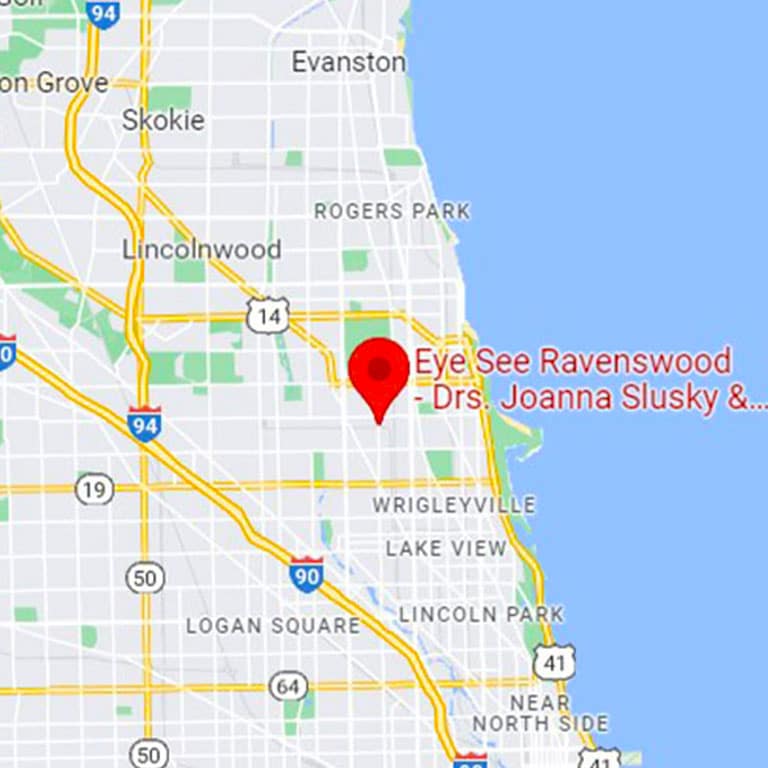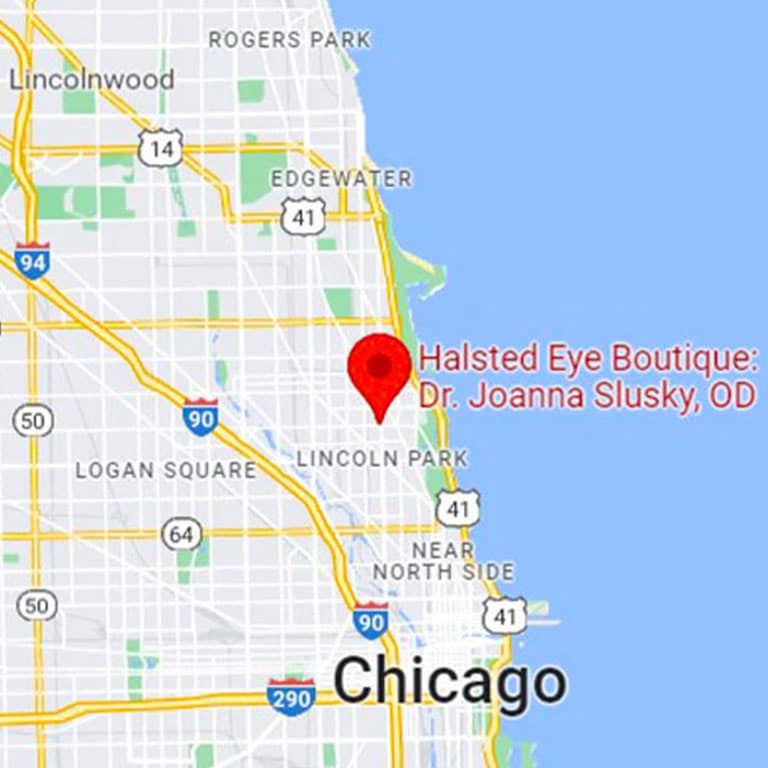What Your Optometrist Can Detect About Your Eye Health
It’s been said that the “eyes are the windows to the soul.” They also offer a valuable look into your body’s overall state of health, according to the American Academy of Ophthalmology.
At Eye See Ravenswood, Andrea J. Stein, OD, helps prevent, diagnose and treat any eye issues that may arise in our Chicago patients. She can also detect other underlying health issues, from high blood pressure to diabetes, when she examines your eyes.
Get the most out of your eye exam
Be sure to discuss any areas of concern with Dr. Stein during your eye exam while she reviews your medical history. She measures your eye pressure, inspects the inside of your eyes, and performs other tests, as needed.
Your exam includes a variety of assessments:
Visual acuity test. This standard test requires you to identify decreasing sizes of letters on a chart to check your vision.
Visual field test. This examines your peripheral vision.
Color vision testing. Pinpointing objects within a color field helps diagnose any color deficiency.
Retinal examination. Dr. Stein enlarges your pupils with drops to view your retina, optic nerve, and blood vessels in the back of the eyes.
Glaucoma screening. A puff of air or other method measures the fluid pressure inside your eye to detect glaucoma, an eye disease that impairs the optic nerve.
Allergies, cataracts and other eye conditions
Dr. Stein also examines your eyes for dryness, allergies, cataracts and other characteristics that help her assess your eye health.
Dry Eyes
Everyone experiences dry eyes from time to time. When the condition becomes chronic, Dr. Stein offers ways to relieve your symptoms, such as prescription eye drops or even a medical procedure that closes your tear ducts to minimize fluid loss.
She can also discuss possible issues, such as an autoimmune condition called Sjögren’s Syndrome, which affects both the tear ducts and salivary glands, that may be causing your symptoms.
Certain factors may increase your risk of dry eyes, including:
- Aging
- Nutritional factors, such as a diet low in vitamin A or omega-3 fats
- Contact lenses
- Side effects from antihistamines or other pharmaceuticals
- Environmental exposure to air conditioning or excessively dry weather
Eye allergies
Millions of people suffer from eye allergies, which can cause excessive tearing, sensitivity to light, itching, and redness. Dr. Stein judges whether your allergy is mild or more severe, such as contact allergic conjunctivitis, to decide upon treatment.
Cataracts
Cataracts are the number one cause of blindness across the globe. The lens becomes clouded over in one or both eyes, and it usually progresses slowly over the years. You may not even notice it at first. Dr. Stein often detects cataracts long before you do. While there is currently no cure, cataracts can eventually be removed through surgery by exchanging your clouded lens for a clear, plastic one.
While you can’t prevent cataracts, you can help your eyes remain healthy by eating certain foods or supplementing with vitamin E, lutein, zeaxanthin, omega-3 fats and vitamin C. Some of the biggest contributing factors seen in adults with cataracts, aside from advancing age, include:
- Diabetes
- High blood pressure
- Obesity
- Smoking
Dr. Stein can shed light on your condition and offer suggestions for improving your eye health.
Diagnosing underlying health conditions
In addition to illuminating eye issues before they progress, Dr. Stein can also pinpoint potentially undiagnosed health issues, so you can follow up with your regular doctor. An eye exam may reveal possible:
- Rheumatoid arthritis
- Diabetes
- Multiple sclerosis
- Stroke risk
- Thyroid disease
- Crohn’s
- Lyme disease
- High blood pressure
- Drug toxicity







Leave a Reply
Want to join the discussion?Feel free to contribute!